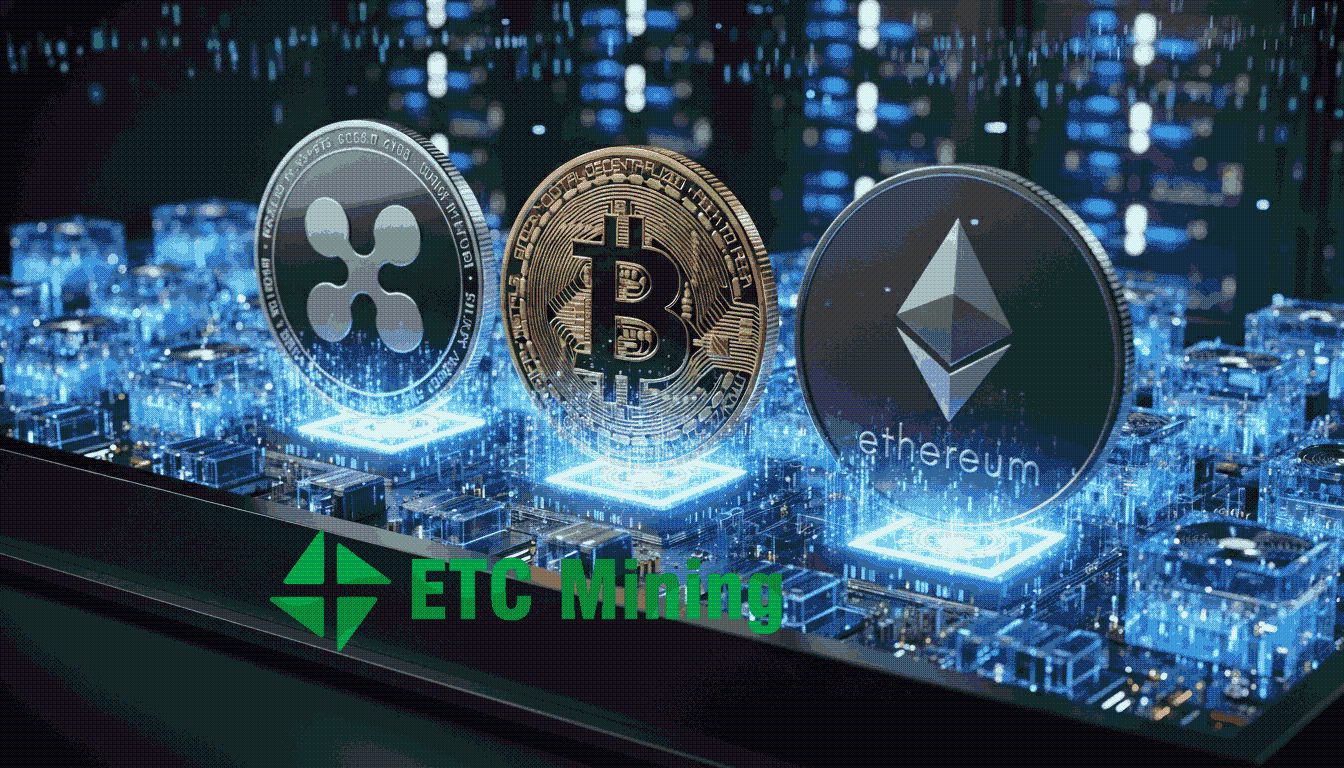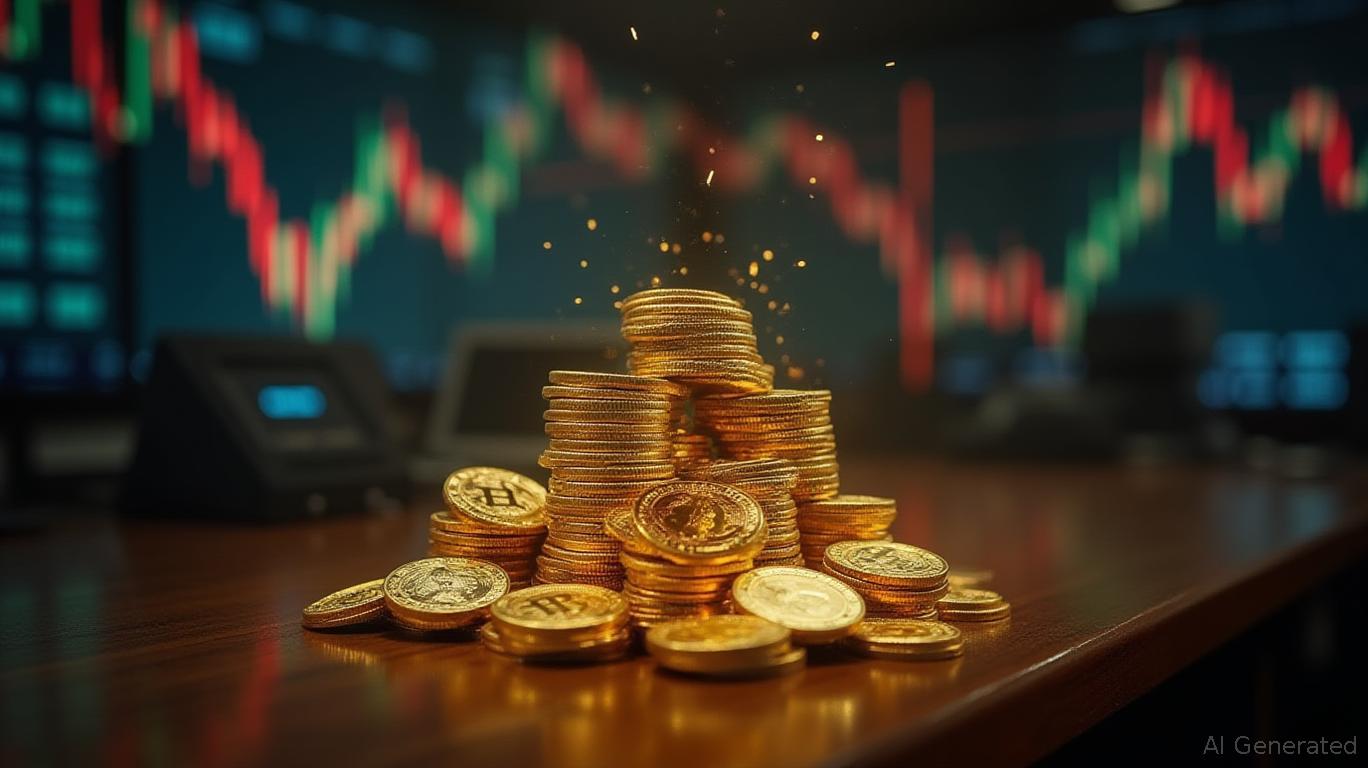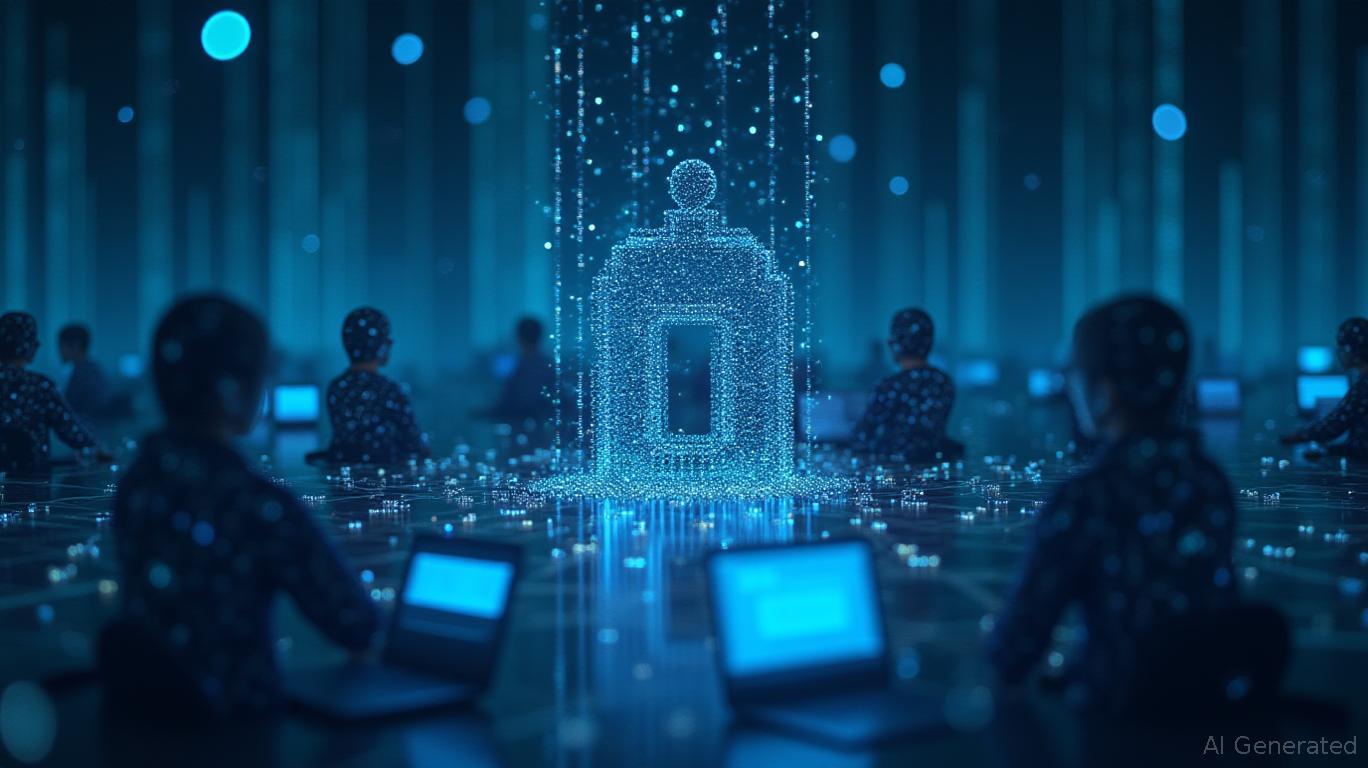Is Enhancing Ocean Alkalinity a Solution for the Planet That Won’t Harm Marine Ecosystems?
- Scientists propose boosting ocean alkalinity to enhance CO2 absorption, aiming to mitigate climate change by leveraging seawater's chemical properties. - Adding crushed limestone or alkaline materials could form stable carbonates, potentially removing significant atmospheric CO2 and expanding oceans' role as carbon sinks. - Experts debate scalability and ecological risks, cautioning that pH alterations might disrupt marine ecosystems, including coral reefs and shellfish populations. - The study emphasize
Researchers have introduced an innovative strategy to address climate change by boosting the ocean’s natural carbon dioxide absorption through increased alkalinity. As outlined in a recent
This method consists of modifying the ocean’s pH by adding materials such as ground limestone or other alkaline substances, which interact with dissolved carbon dioxide to create stable carbonate forms. In theory, this could extract large quantities of CO2 from the atmosphere and lock it away in the ocean for long durations. The Coin-Turk article notes that such measures might expand the oceans’ current capacity to absorb carbon, which now takes in about one-fourth of emissions produced by humans.

Supporters point to the scalability of this approach and its compatibility with natural oceanic processes, suggesting it could work alongside existing carbon capture solutions. On the other hand, opponents stress the importance of thorough environmental evaluations to understand the potential long-term effects on marine habitats. Adjusting alkalinity could upset sensitive chemical equilibriums, posing risks to coral reefs, shellfish, and other sea creatures that rely on stable pH conditions. The research highlights these unknowns and recommends more studies to improve the method and limit negative outcomes, as mentioned in the Coin-Turk article.
This breakthrough comes at a crucial moment, with global emissions still climbing despite worldwide climate initiatives. Although the ocean alkalinity approach is still experimental, it signals a move toward broader geoengineering tactics. Some specialists warn that such interventions should not distract from the immediate need to cut fossil fuel use, but they could offer additional support in the overall fight against climate change, according to the Coin-Turk article.
Disclaimer: The content of this article solely reflects the author's opinion and does not represent the platform in any capacity. This article is not intended to serve as a reference for making investment decisions.
You may also like
AI + Cloud Mining: ETCMining Launches New Smart Mining Service for the Global Crypto Market

XRP News Today: XRP’s Connection with the IMF Ignites Discussion: Game-Changing Liquidity or Potential Overvaluation?
- Apex Crypto Insights claims XRP's escrow supply links to IMF, sparking debate over its role in global liquidity. - Ripple's institutional adoption via Ripple Prime and Evernorth's $947M XRP holdings accelerate cross-border integration. - XRP surged 355% in 52 weeks but faces skepticism over $2.50 valuation amid regulatory uncertainty under Trump. - IMF ties could redefine XRP's narrative, though Ripple remains silent on allegations and awaits ETF approval outcomes.

Bitcoin Latest Updates: Investors Shift Away from Gold Amid Improved Trade Relations, Risk Appetite Rises While Bitcoin ETFs Lag Behind
- Gold fell below $4,000 as U.S.-China trade tensions eased, reducing demand for safe-haven assets after a framework agreement in Malaysia. - Bitcoin dropped 3.5% to $108,000 but rebounded near $115,000, while ETF inflows lagged behind gold's outflows amid divergent investor behavior. - JPMorgan forecasts gold to average $5,055 by 2026, while Bitcoin's ETF inflows and ETF market momentum show uneven growth despite regulatory challenges. - Technical analysis shows gold's bearish RSI and Bitcoin's $115,000 s

Breaking Down Barriers in Blockchain: Brevis Handles 130 Million zk Proofs Each Month
- Brevis, a Web3 platform, processes 130M monthly zero-knowledge proofs via its zk coprocessor network, addressing blockchain scalability and interoperability challenges. - Its architecture offloads computation off-chain while verifying on-chain, reducing gas costs and enabling cross-ecosystem trustless logic through "chain fence" elimination. - With 97K+ users, 30+ global partners, and optimized parallel processing, Brevis aims to establish a foundational zk data layer for real-time smart contract verific
